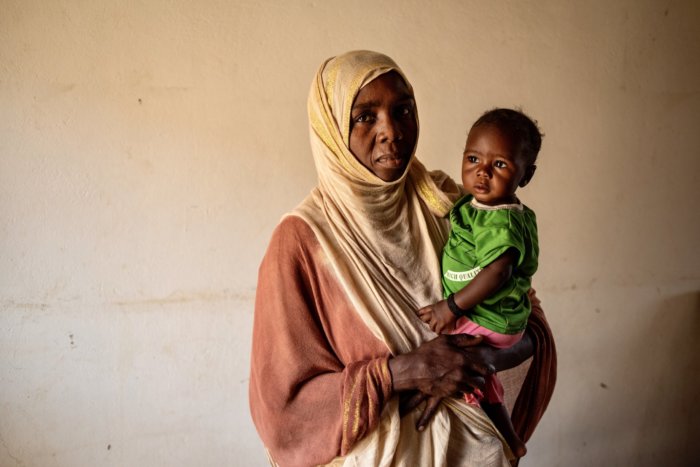Tackling racial discrimination in health
Racial discrimination and stigmatization is rooted in racism and shaped by the legacies of slavery, imperialism, colonialism, war, indentured servitude, and ethnonationalism.
It affects, but is not restricted to: indigenous peoples, people of African descent, Roma and other ethnic minorities, refugees, and migrants. As discrimination becomes entrenched, it puts people at a social and economic disadvantage and affects their chances of good health. They are more exposed to risks and are likely to have poorer access to quality healthcare. Data collected during the COVID-19 pandemic showed that people of color in a number of countries were more likely to be infected, hospitalized, and die, than their white counterparts. Black or Latino people in the US are up to 1.8 times more likely to die from the disease than white people, while for black people in the UK, the number is as high as 1.9 times.
This opened up conversations and inspired long-overdue research into the effect of discrimination on health.

Health systems can either perpetuate this injustice if they mirror the structural racism and discriminatory practices in broader society, or can lead the way in improving equity. Public health advocates can highlight the growing body of evidence that racial discrimination adversely impacts health and policymakers can consciously adopt equity-oriented approaches that reduce inequalities.
WHO Foundation supports greater equity in health
The WHO Foundation seeks to understand the structural and systemic causes of global health inequities and to help strengthen WHO’s health equity work. This understanding guides its investments in health in the areas of digital health, mental health, climate and health, primary healthcare, and health emergencies. To identify best practices, the Foundation looks at how WHO, and other actors, engage in health equity work, particularly in terms of their strategic approach, country-level guidance, and support mechanisms.
What follows are just a few of relevant research resources and initiatives currently in place to reduce racial inequity in health, including from WHO and the WHO Foundation.
WHO’s mission to reach #Health4All
WHO shapes and guides health systems to become healthier, more equitable, effective, and sustainable. In this research publication on tackling racial discrimination in health delivery, for example, it identifies nine ‘levers’ that healthcare practitioners can use to reduce health inequity. Its compendium of 49 country case examples, Promoting the health of refugees and migrants: experiences from around the world, developed by the Health and Migration Programme, illustrates positive steps taken in countries towards better health outcomes for the one billion people on the move.
How do we move forward? Key initiatives that matter:
Commission on racism, structural discrimination, and global health
The O’Neill-Lancet Commission on Racism, Structural Discrimination, & Global Health launched at the 77th session of the UN General Assembly in 2022. The Commission aims to address racism in global health and advance health equity for all, shaping the future of health research, policy, and practice through advocacy, fostering dialogue, and collaboration.

© WHO
Lancet Series
The Lancet Series on racism, xenophobia, discrimination, and health is a must-read, for many working inside and outside of the health equity space, shedding light on the level to which people experience negative health outcomes. Exploring the history of racial discrimination in health, systems and structures, root causes, interventions, and frameworks with research recommendations and approaches for change.
Global Health Equity Fund
Strengthening health systems calls for significant investment from enlightened investors. The Global Health Equity Fund is a USD 200 million impact venture capital investment fund launched by Our Crowd. It focuses on breakthrough technology solutions that contribute to the goal of greater health equity. An Access Pledge, developed by the WHO Foundation, is aligned with this fund. It encourages portfolio companies to make their technology available in low- and middle-income settings.
To read more about the WHO Foundation’s strategic approach to reducing health inequity, please visit our website.

